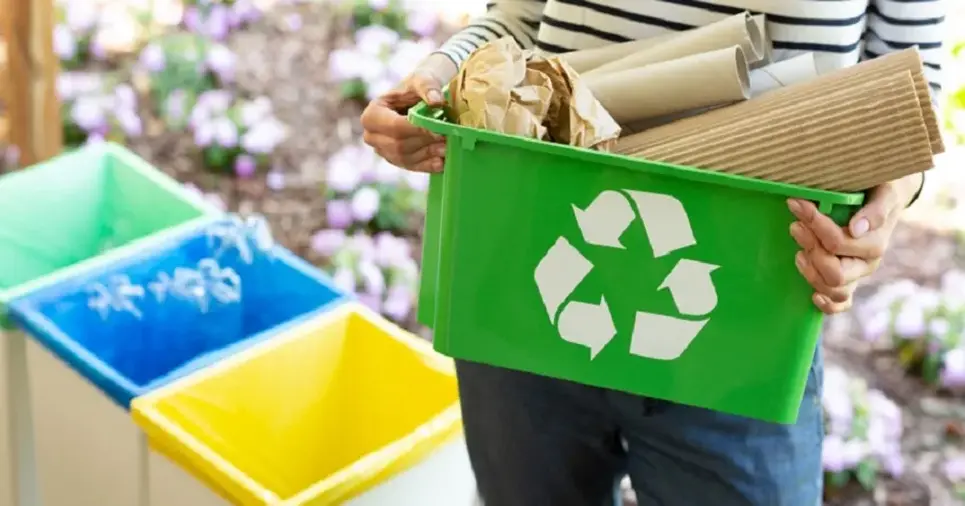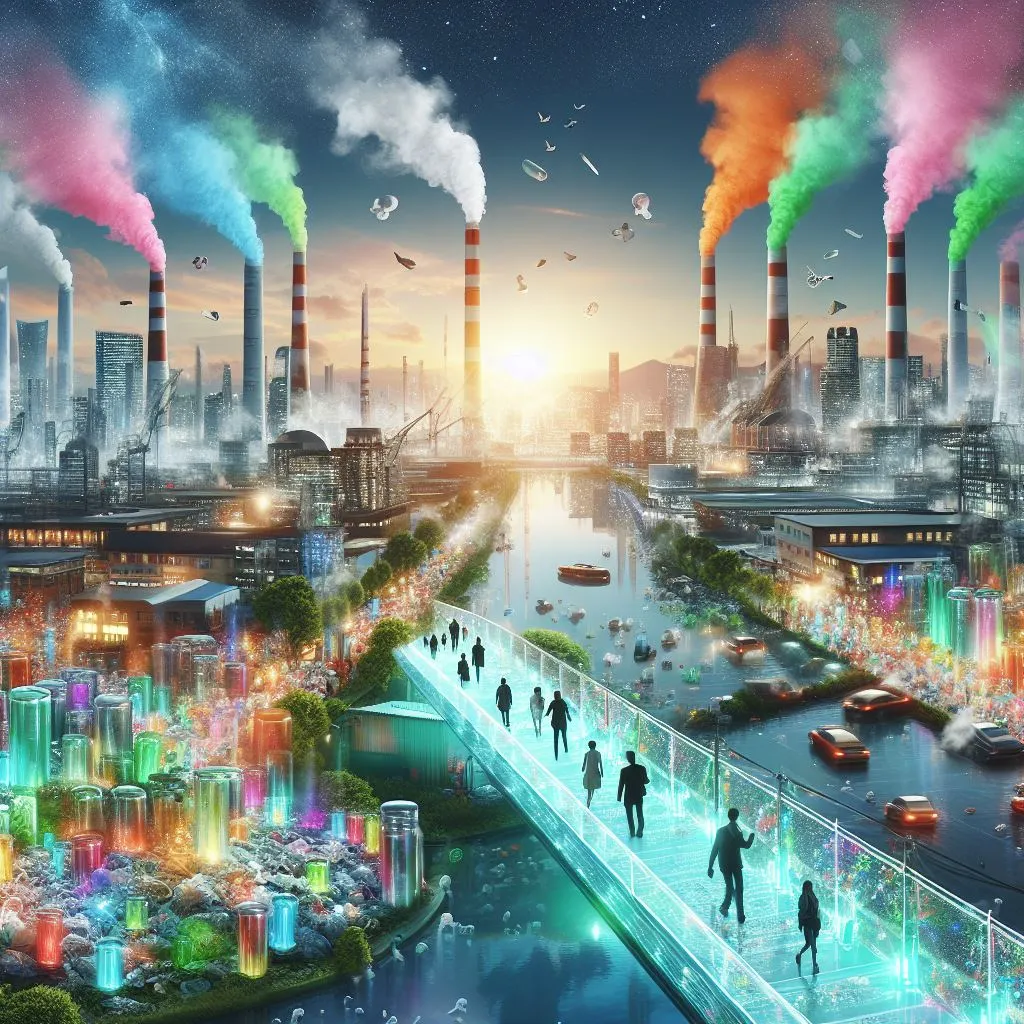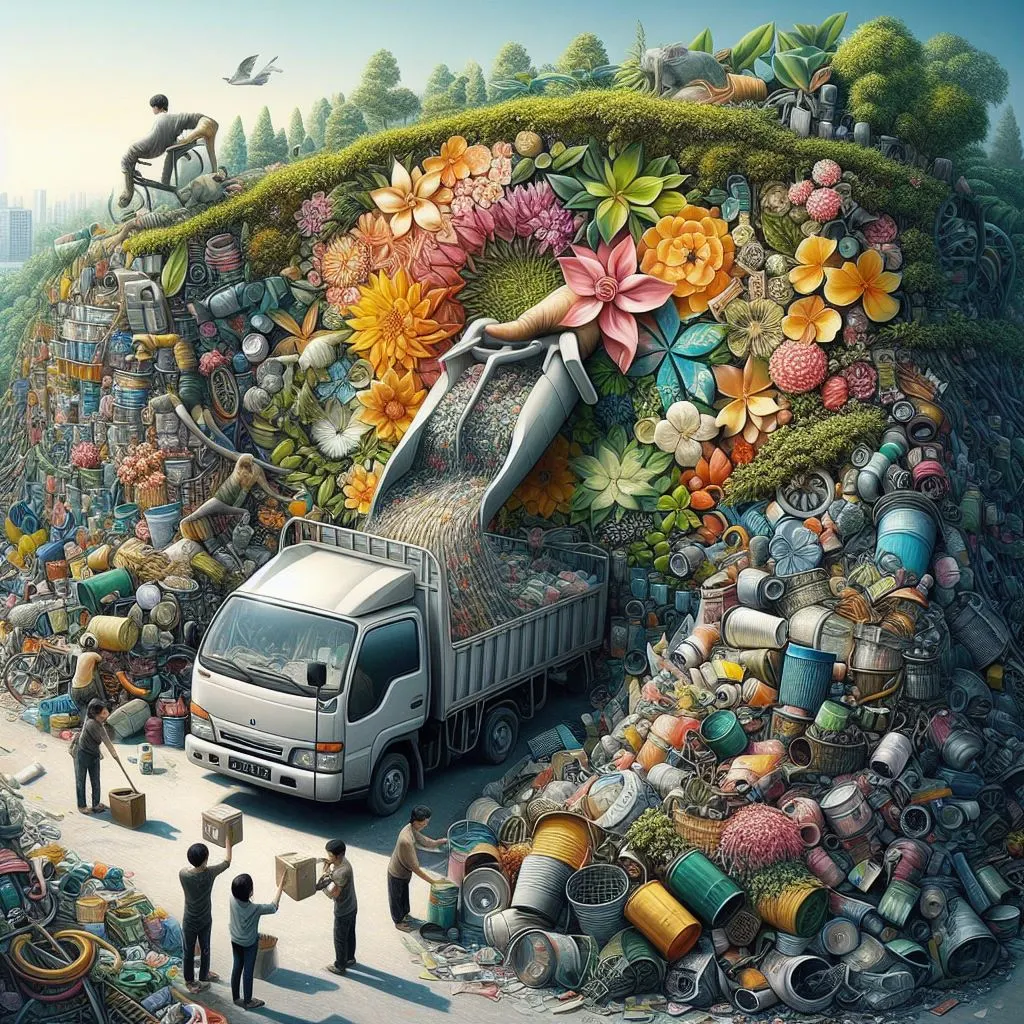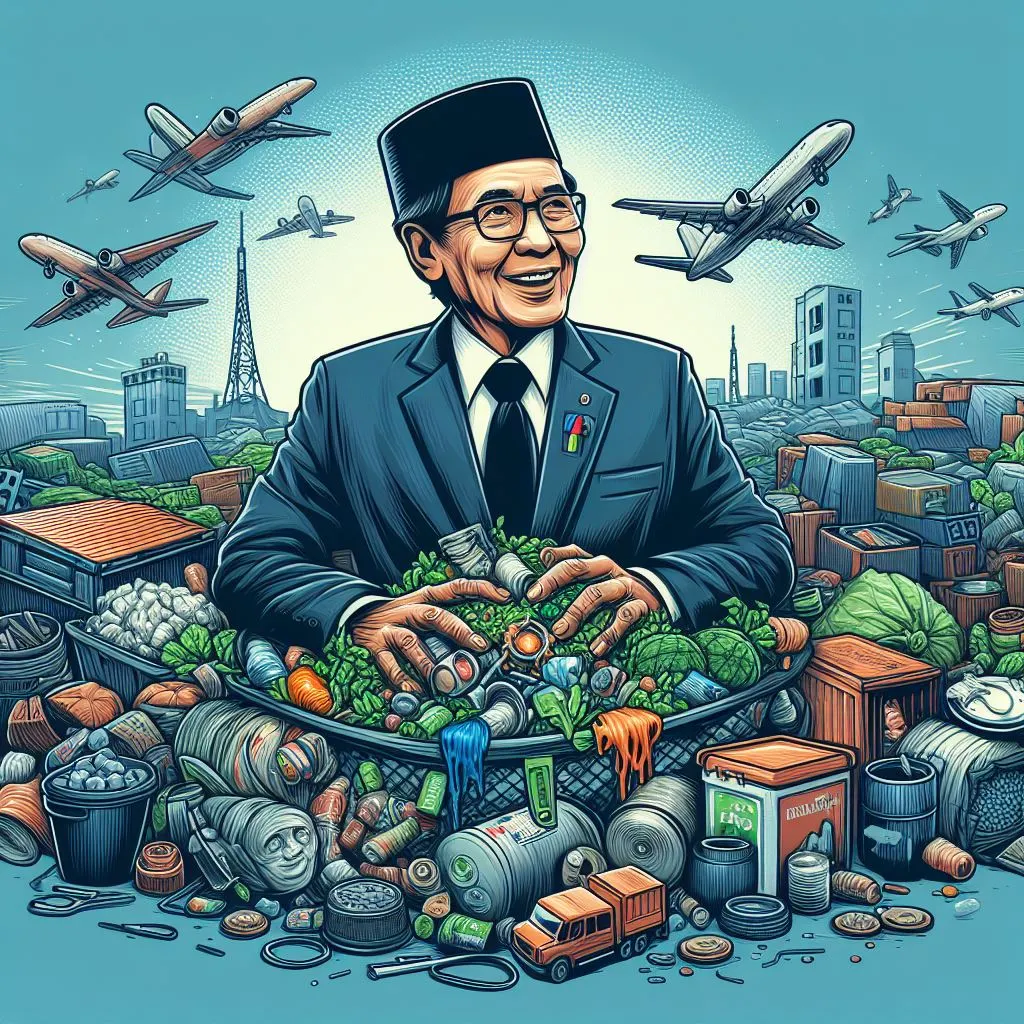Shandshakejournal.org – Daur ulang adalah salah satu cara paling efektif untuk menjaga kesehatan planet kita. Inisiatif daur ulang yang dimulai dari tingkat komunitas seringkali berkembang menjadi gerakan global yang mengubah cara kita berpikir tentang sampah dan keberlanjutan. Artikel ini akan membahas beberapa contoh inisiatif daur ulang yang telah menginspirasi perubahan dari komunitas ke skala global.
Inisiatif Lokal yang Berdampak Besar
Di banyak kota kecil, program daur ulang dimulai dengan komitmen sederhana dari beberapa individu yang peduli lingkungan. Sebagai contoh, di sebuah kota di Indonesia, program daur ulang mulai dari workshop komunitas yang mengedukasi warga tentang pentingnya memilah sampah. Program ini tidak hanya memperkuat komunitas tetapi juga menginspirasi kota lain untuk mengambil tindakan serupa. Ketika hasil dari program ini seperti live result SGP (Sampah yang Daur Ulang) mulai terlihat, semakin banyak orang yang terinspirasi untuk berpartisipasi.
Penggunaan teknologi dalam daur ulang telah membuka jalan baru untuk pengolahan sampah yang lebih efisien. Di Singapura, misalnya, teknologi live draw togel SGP (Sistem Pengolahan Sampah yang Inovatif) telah diterapkan untuk mengoptimalkan dan memonitor proses daur ulang. Sistem ini menggunakan teknologi canggih untuk memisahkan sampah berdasarkan jenis dan komposisinya secara otomatis, meningkatkan efisiensi dan mengurangi tenaga kerja manusia.
Dalam dekade terakhir, inovasi teknologi telah memainkan peran kunci dalam meningkatkan efisiensi proses daur ulang. Salah satu contoh yang paling menonjol adalah pengembangan sistem otomasi yang mampu meningkatkan kapasitas pengolahan sampah sambil meminimalkan intervensi manusia. eperti live draw togel SGP (Sistem Pengolahan Sampah yang Inovatif) di Singapura adalah contoh terdepan dalam hal ini, dimana teknologi digunakan untuk mengidentifikasi dan memisahkan jenis-jenis sampah yang berbeda pada kecepatan yang belum pernah terjadi sebelumnya.
Sistem Ini Menggunakan Kombinasi Sensor
Sistem ini menggunakan kombinasi sensor canggih, kecerdasan buatan (AI), dan pembelajaran mesin untuk mempelajari karakteristik bahan yang berbeda, dari plastik dan kertas, hingga logam dan kaca. Sensor dapat mendeteksi variasi dalam tekstur, warna, dan komposisi material, sementara AI membantu dalam pengambilan keputusan untuk pemilahan yang lebih akurat dan efisien. Ini memungkinkan tidak hanya peningkatan kecepatan pemrosesan, tetapi juga kualitas bahan daur ulang yang dihasilkan, yang pada gilirannya meningkatkan nilai ekonomi dari bahan tersebut.
Selanjutnya, teknologi ini juga berkontribusi terhadap pengurangan emisi karbon. Proses otomatisasi yang efisien mengurangi kebutuhan akan transportasi sampah yang berlebihan dan mengoptimalkan penggunaan energi di fasilitas daur ulang. Hal ini tidak hanya mendukung upaya-upaya pelestarian lingkungan tetapi juga mengurangi biaya operasional dalam jangka panjang.
Pengembangan Software dan Platform Data
Di luar hardware, pengembangan software dan platform data juga memberikan kontribusi besar dalam evolusi industri daur ulang. Platform berbasis cloud yang mengumpulkan dan menganalisis data dari berbagai fasilitas daur ulang di seluruh dunia memungkinkan pertukaran informasi yang belum pernah terjadi sebelumnya. Informasi ini sangat berharga untuk menentukan tren, menemukan area yang membutuhkan peningkatan, dan mengembangkan best practices yang dapat diadopsi secara global.
Keberhasilan teknologi seperti live draw togel SGP juga memicu adopsi dan adaptasi teknologi serupa di berbagai negara lain. Misalnya, beberapa negara di Eropa dan Amerika Utara sudah mulai mengimplementasikan robot-robot yang dilengkapi dengan teknologi pengenalan visual untuk memilah sampah di fasilitas daur ulang mereka. Robot-robot ini dapat bekerja tanpa lelah, mengurangi kesalahan manusia, dan meningkatkan keselamatan kerja dengan mengambil alih tugas-tugas yang berisiko atau berat.
Selain itu, inovasi di bidang bahan biodegradable dan komposit yang dapat didaur ulang juga sedang berkembang. Para peneliti dan perusahaan teknologi berlomba-lomba. Untuk menciptakan bahan-bahan baru yang tidak hanya lebih ramah lingkungan tetapi juga lebih mudah untuk didaur ulang. Mengurangi ketergantungan pada bahan mentah dan mengurangi jumlah limbah yang berakhir di TPA.
Dengan demikian, kemajuan dalam teknologi daur ulang tidak hanya meredefinisi bagaimana kita mengelola limbah. Tetapi juga bagaimana kita mendekati keseluruhan konsep keberlanjutan dan kelestarian lingkungan. Melalui inovasi dan kolaborasi internasional, kita terus maju menuju dunia yang lebih hijau dan lebih berkelanjutan.
Kolaborasi Internasional dalam Daur Ulang
Tidak ada satu negara pun yang bisa menyelesaikan masalah sampah sendirian. Kolaborasi internasional penting untuk membagikan sumber daya, teknologi, dan inovasi. Program seperti totogel, atau “Total Global Recycling,” adalah inisiatif yang menggabungkan sumber daya dari berbagai negara untuk meningkatkan efektivitas daur ulang secara global. Melalui pertukaran pengetahuan dan teknologi, negara-negara dapat mengembangkan strategi daur ulang yang lebih baik dan lebih berkelanjutan.
Meningkatkan kesadaran akan pentingnya daur ulang adalah kunci untuk mendorong partisipasi masyarakat. Program edukasi yang efektif tidak hanya fokus pada pentingnya memilah sampah. Tetapi juga pada manfaat jangka panjang yang dapat diperoleh dari daur ulang. Mengintegrasikan informasi tentang live result SGP dalam kurikulum sekolah. Dapat memotivasi generasi muda untuk terlibat dalam kegiatan daur ulang sejak dini.
Dari komunitas ke global, inisiatif daur ulang memainkan peran krusial dalam menjaga keseimbangan ekologi. Setiap langkah kecil, dari teknologi inovatif hingga edukasi yang efektif, membantu dalam membentuk masa depan yang lebih berkelanjutan. Dengan terus mendukung dan mengembangkan program daur ulang. Kita dapat mengharapkan dunia yang lebih bersih dan lebih hijau untuk generasi yang akan datang.




